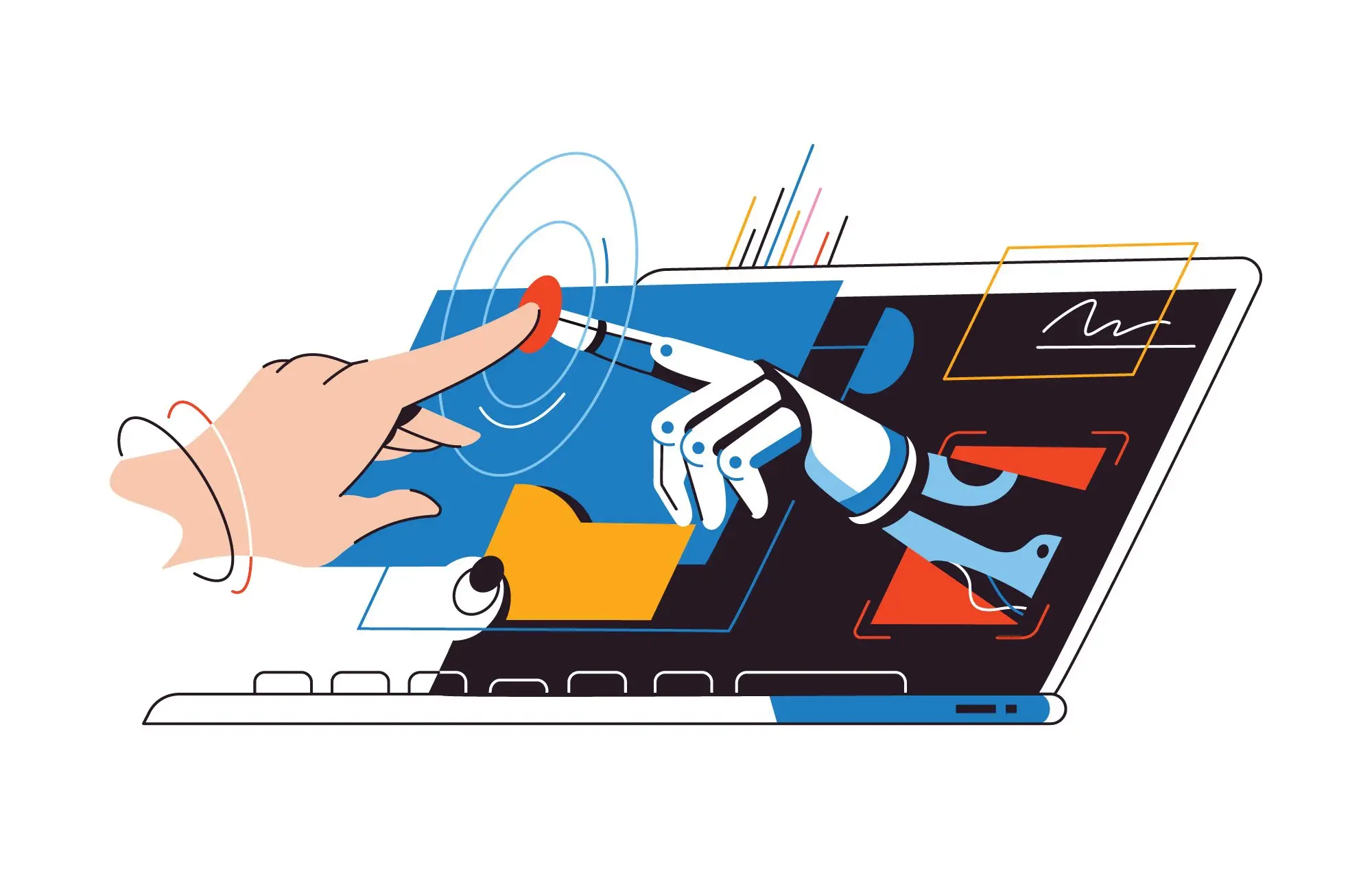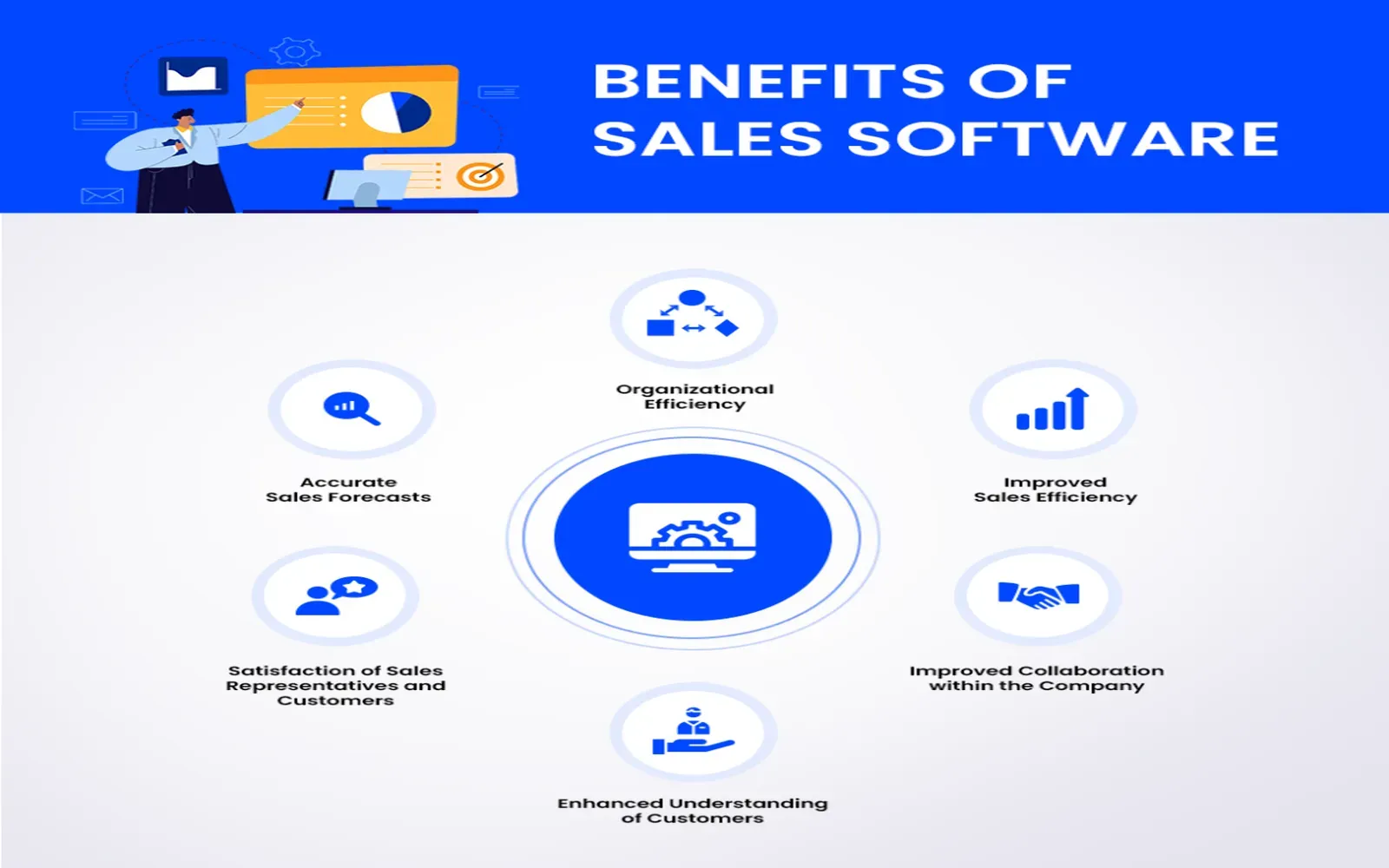
The landscape of recruitment has undergone a significant transformation in recent years, largely due to advancements in technology. One of the most impactful developments is the rise of artificial intelligence (AI), which is playing a crucial role in creating a more equitable hiring process. By leveraging AI, organizations can eliminate biases, streamline recruitment, and enhance accessibility for candidates from diverse backgrounds. This article explores how AI is making hiring more accessible and leveling the playing field for job seekers everywhere.
Breaking Down Barriers with AI
One of the primary ways AI is improving accessibility in hiring is by automating resume screening. Traditional methods often rely on human recruiters to sift through countless applications, which can lead to unconscious biases based on gender, ethnicity, or educational background. AI-driven tools can analyze resumes without these biases, focusing solely on skills and qualifications. This ensures that candidates are evaluated on their merits rather than personal attributes that should not influence hiring decisions.
Moreover, AI can help organizations reach a broader audience by analyzing large datasets to identify potential candidates who may not be actively seeking jobs. For example, AI can mine social media platforms and professional networks to find individuals with the right skills, even if they are currently employed or not looking for new opportunities. This capability helps companies discover diverse talent pools that may otherwise go unnoticed.
Enhancing Candidate Experience
Another significant advantage of AI in recruitment is the enhancement of the candidate experience. AI-driven chatbots can answer questions in real-time, provide instant feedback, and guide applicants through the hiring process. This level of engagement not only improves communication but also makes candidates feel valued and informed. As a result, candidates from various backgrounds are more likely to apply if they feel the process is transparent and supportive.
Furthermore, AI can facilitate personalized job recommendations based on a candidate's skills and interests. By analyzing data from previous applications and job searches, AI can suggest positions that align with a candidate’s profile, thus increasing the chances of finding a suitable match. This personalized approach not only helps candidates but also aids employers by attracting individuals who are genuinely interested in the roles offered.
Data-Driven Decision Making
AI also empowers organizations by enabling data-driven decision-making. By utilizing predictive analytics, companies can identify the traits and qualifications that correlate with successful hires. This data can help refine job descriptions and requirements, ensuring they are inclusive and do not inadvertently exclude qualified candidates. For example, if data shows that candidates from non-traditional educational backgrounds succeed in specific roles, organizations can adjust their hiring criteria accordingly.
Additionally, AI can help monitor employee performance and satisfaction post-hire, providing insights that can inform future recruitment strategies. By assessing the long-term success of various hiring channels, organizations can allocate resources more effectively and focus on methods that yield the best results.
Chart: Impact of AI on Hiring Accessibility
Below is a chart illustrating the various ways AI enhances accessibility in hiring:
| AI Application | Impact on Hiring Accessibility |
|---|---|
| Automated Resume Screening | Reduces bias, focuses on skills |
| Candidate Engagement Chatbots | Improves communication and support |
| Personalized Job Recommendations | Increases suitable applications |
| Predictive Analytics | Guides inclusive job criteria |
| Performance Monitoring | Informs future recruitment strategies |
The Future of AI in Recruitment
As AI technology continues to evolve, its potential for enhancing accessibility in hiring will only grow. Organizations are increasingly recognizing the importance of diverse teams, not only for ethical reasons but also for the enhanced creativity and problem-solving capabilities they bring. Embracing AI tools in the recruitment process is a step toward fostering inclusivity, ensuring that all candidates, regardless of their backgrounds, have equal opportunities to succeed.
In conclusion, AI is a powerful ally in the quest for accessible hiring. By breaking down barriers, enhancing candidate experiences, and facilitating data-driven decisions, AI is leveling the playing field for job seekers everywhere. As companies continue to adopt these technologies, we can expect a more equitable job market where talent is recognized and valued, regardless of its origin.









